Islam, one of the world’s major religions, is a faith with a rich history, diverse traditions, and millions of followers across the globe. In this post, we’ll provide a comprehensive overview of Islam, delving into its core beliefs, history, practices, and cultural significance.
Muslim Holidays
Islam: It’s Origins and History
Islam originated in the 7th century CE in the Arabian Peninsula. It was founded by the Prophet Muhammad, the last prophet in a line of messengers that includes Adam, Abraham, Moses, and Jesus in Islamic tradition. The revelations received by Muhammad are compiled in the holy book of Islam, the Quran.
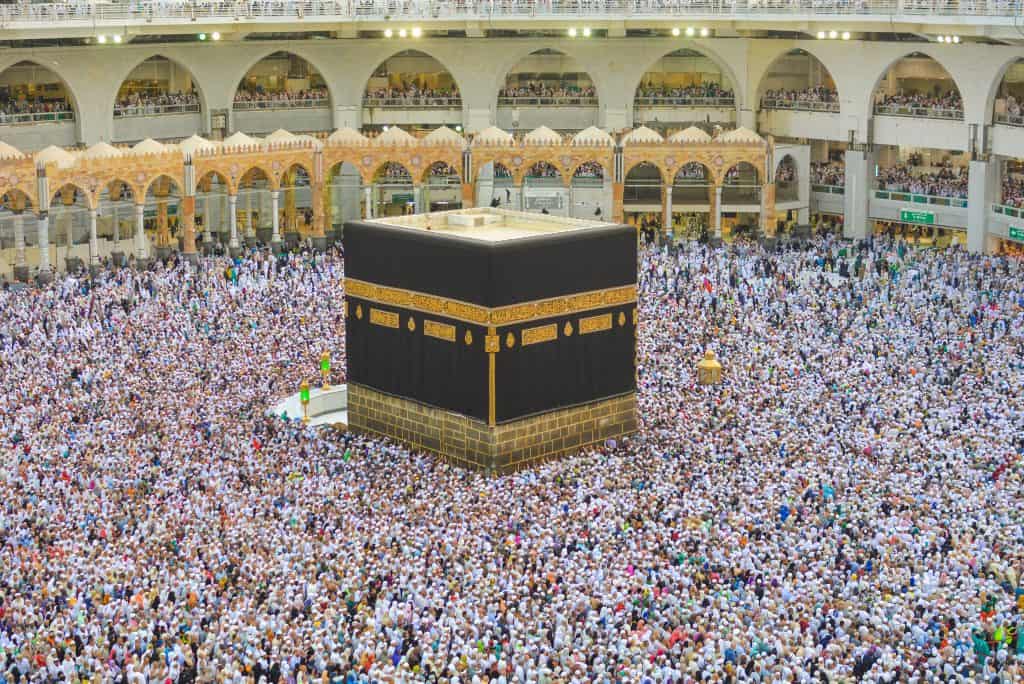
Credit: Adli Wahid, CC BY-SA 4.0, via Wikimedia Commons.
The Quran
The Quran, often called the “Word of God” in Islam, is the central religious text. It contains revelations given to Muhammad over 23 years. Muslims believe the Quran to be the literal word of God, and its teachings serve as a guide for all aspects of life.
The Five Pillars of Islam
Islam is built upon the Five Pillars, which are the core acts of worship and practice for Muslims:
Shahada (Faith): The declaration of faith, “There is no god but Allah, and Muhammad is His messenger.”
Salat (Prayer): Muslims must pray five times daily facing the Kaaba in Mecca.
Zakat (Charity): Giving to those in need is a fundamental duty. Muslims are encouraged to share their wealth with the less fortunate.
Sawm (Fasting): During the holy month of Ramadan, Muslims fast from sunrise to sunset as an act of self-discipline and spiritual reflection.
Hajj (Pilgrimage): Every Muslim who is physically and financially able is expected to pilgrimage to the holy city of Mecca at least once in their lifetime.
Islam: It’s Beliefs
Muslims believe in the oneness of God (Allah) and the finality of the prophethood of Muhammad. They also believe in angels, divine books (including the Torah, Psalms, Gospel, and Quran), and the concept of the Day of Judgment.
Muslim Quarter Ultimate Guide
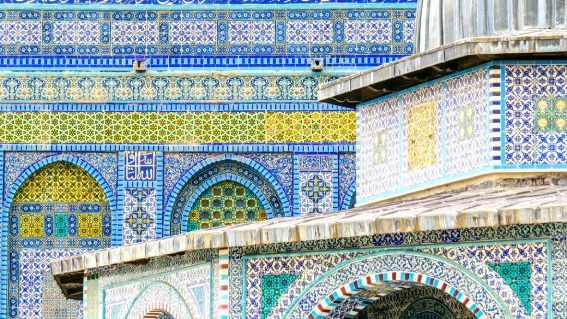
Sects
Islam has several major sects, the two largest being Sunni and Shia. While both groups share core Islamic beliefs, they differ in their interpretation of Islamic history and leadership. Sunnis constitute the majority of Muslims worldwide.
The Museum of Islamic Art
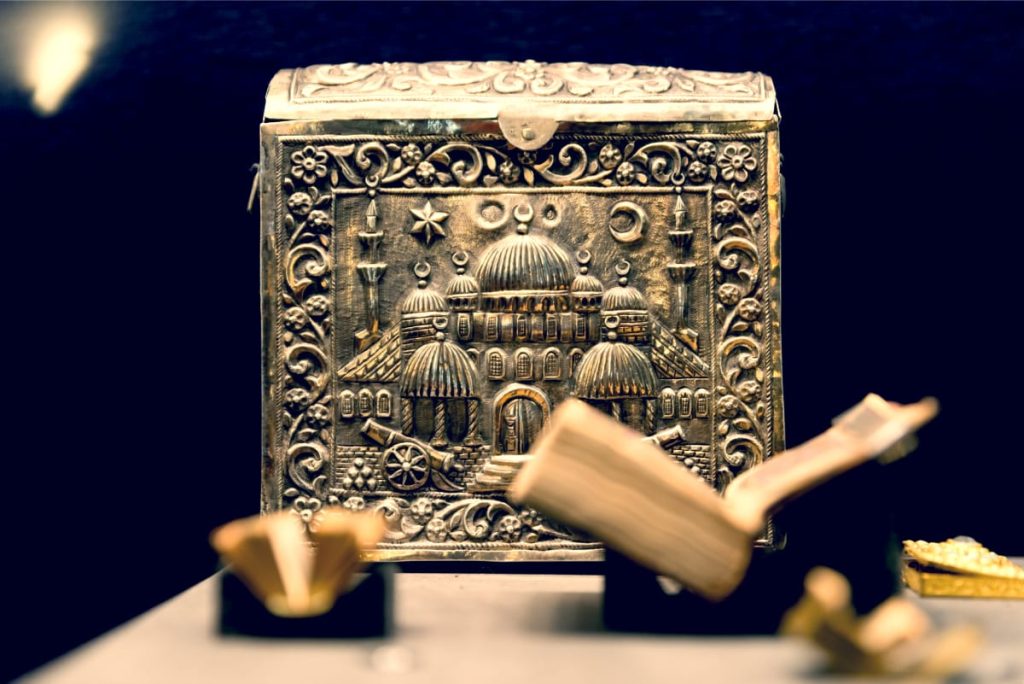
Cultural Significance
Islam has played a significant role in shaping the cultures, art, and architecture of regions where it is practiced. Islamic art is known for its intricate geometric designs, calligraphy, and use of vibrant colors. Architectural wonders like the Taj Mahal, the Alhambra, and the Blue Mosque are expressions of Islamic aesthetics and design.
Muslim Quarter Jerusalem Tour
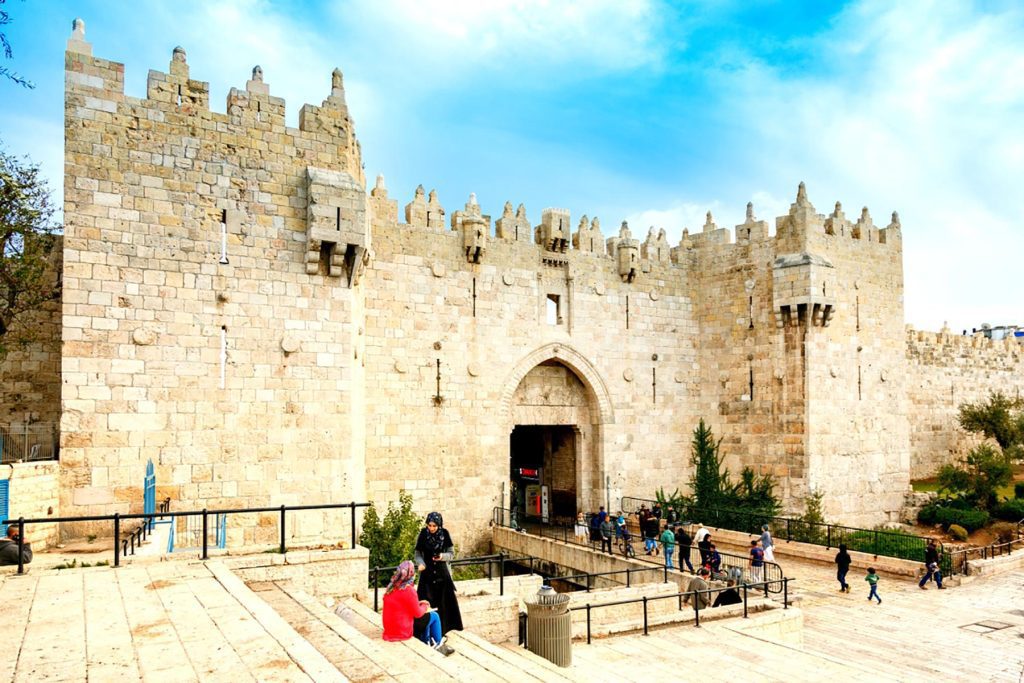
Misconceptions
Islam is often the subject of misconceptions and stereotypes. It’s important to recognize that Islam is a diverse religion with a wide range of interpretations and practices. It is not monolithic, and the actions of extremist groups should not be equated with the beliefs of all Muslims.
Temple Mt.
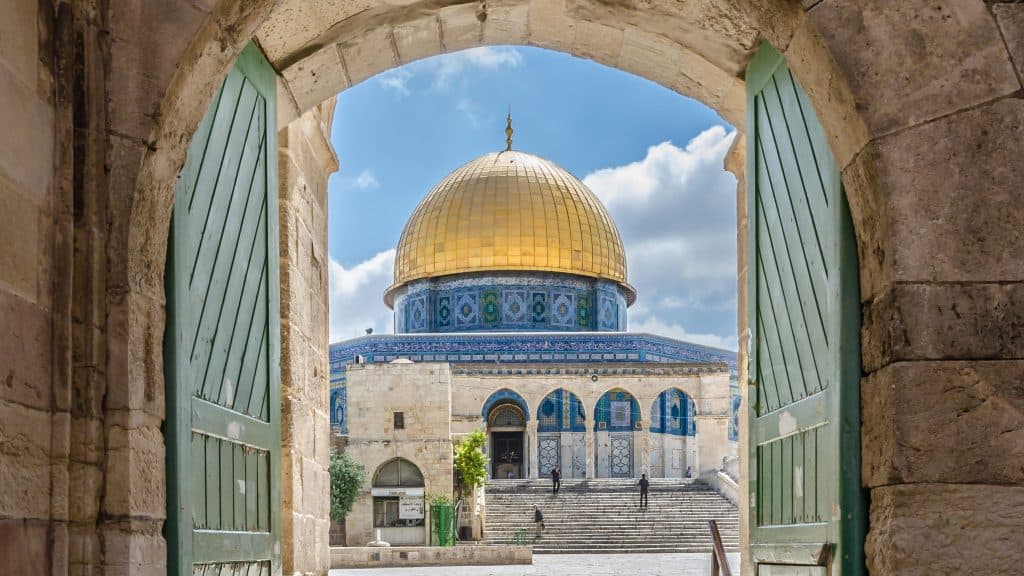
Conclusion
Islam is a faith that holds deep spiritual significance for its followers and has left an indelible mark on the world’s religious, cultural, and historical landscape. Understanding the core beliefs, practices, and cultural contributions of Islam is crucial for fostering intercultural understanding and appreciating the rich tapestry of human belief and expression. More about Islam on Wikipedia!

